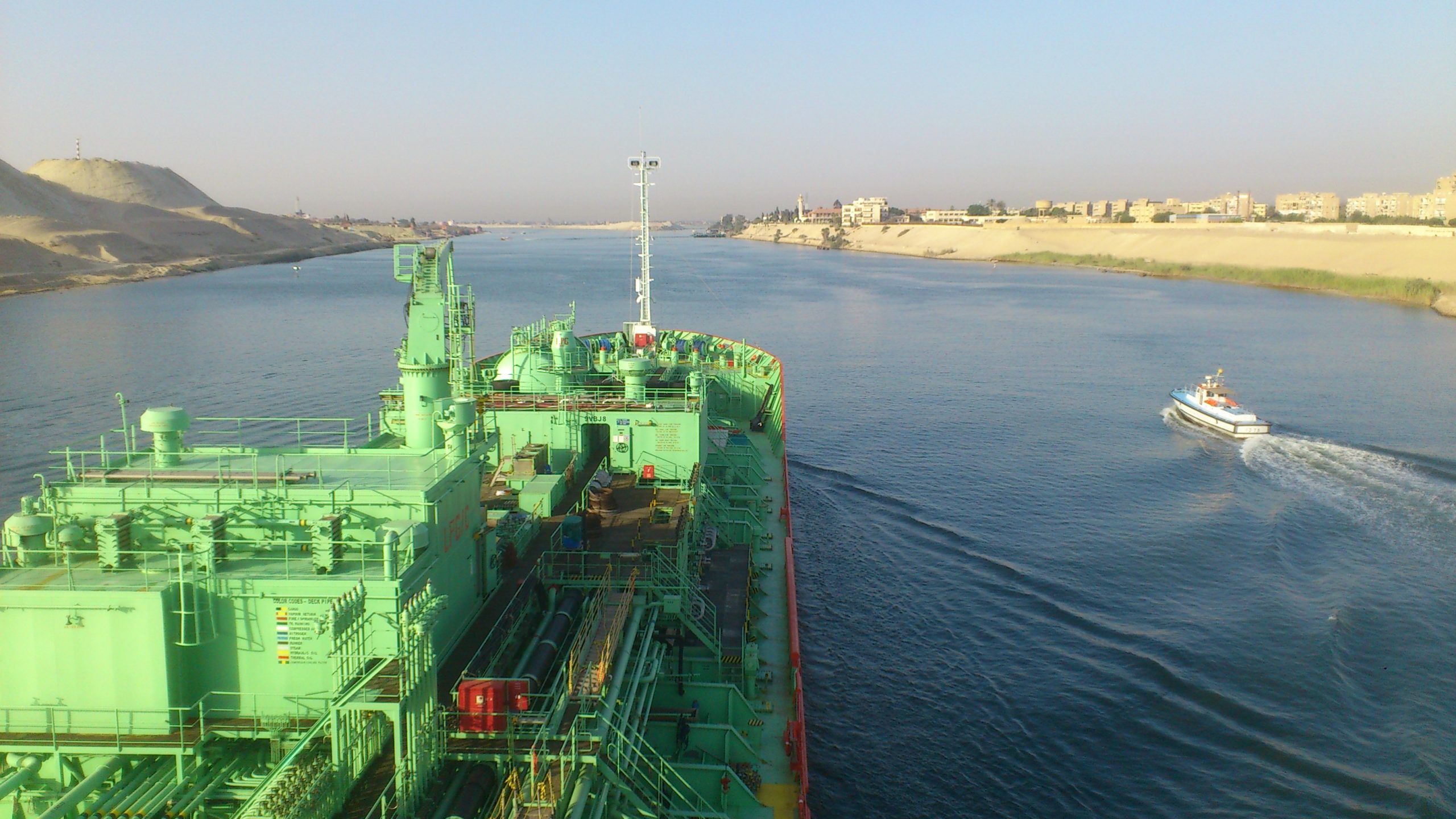
I have crossed the Suez Channel twice with Trans Catalonia since MACN was introduced. There are still requests for cigarettes but nowadays it is much easier to resist since more and more companies are participating in the anti-corruption scheme. This is a significant improvement,” says Captain Lukasz Zagorski.
Captain Zagorski has sailed with Seatrans for more than 15 years and has been in many ports in most parts of the world. Corruption is a problem, he says.
“First of all, I would like to say that this is not a problem in Europe, generally not in China, Korea and Taiwan, for that matter. Where I have noticed corruption as a problem, is in the North African Arab countries, India and still East Europe. When we get these kinds of requests, we consider what or who is behind them. If it is just the person in front of you or the crew on the pilot boat, it is easier to say no than if it is well organised with people behind who are running a corrupt system.”
“So, you find it difficult to resist their demands?”
“There is no yes or no answer to this. It all depends on the background. Certainly, we resist all these kinds of suggestions, but if we feel the pressure, you have to think it through – both for the safety of the crew and for keeping up speed. However, having this MACN campaign helps a lot.”
“What do they ask for?”
“In most of the ports, we are asked for cigarettes, because they are easy to sell on shore. We seldom hear anyone demanding alcohol, but that would be OK in a way because we simply do not have any alcohol on board. I’ve also heard, in some of the countries, that cash requests can be expected.” “You mentioned some sort of pressure. What do you mean by that?”
“In most places where we are asked for cigarettes or whatever, this seems to be some sort of idea on the pilot boat
or on an individual basis. In such cases, it is easier to say no to their demands. However, in some countries we deal with persons within the authorities. This is something we all experience and is far more difficult to handle. There are still countries where both symptoms are visible – both some individual demands and requests from persons in the system far above the pilot. Therefore, I warmly welcome the MACN initiative. In the long run, they will learn. But yes, it will take time…”

